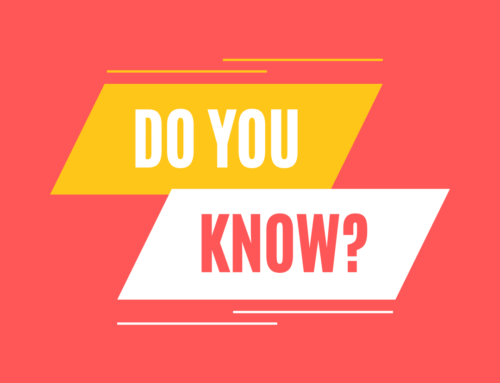Being a blog contributor for aha! Process has heightened my curiosity in searching out other blogs that pertain to children who are dealing with the everyday issues of poverty in America. Recently, I came across a blog game (called a meme) on the “History is Elementary” blog titled, “Are YOU Privileged?”. The game is based on an exercise about class and privilege developed at Illinois State University by Will Barratt, Meagan Cahill, Angie Carlen, Minnette Huck, Drew Lurker, and Stacy Ploskonka. The basic premise of the game is to select statements you might not ordinarily associate with class that pertain to one’s upbringing to determine if, in fact, society would consider you privileged. An example might be: “Were there 50 books in your home growing up? Were there 500 books in your home growing up?”
The game intrigued me because of my training with and subsequent passion for the work of Ruby Payne. Dr. Payne’s research reveals, among many other ideas, that most schools in America operate from middle class norms. Students, starting in kindergarten, are immersed in the middle class “paper world” – they are inundated with field trip notes, report cards, test results, textbooks, library books, PTA notices, fundraiser catalogs, etc. Many of our students from generational poverty do not come from homes where books, magazines, and bank statements, abound. The paper world to which middle class America has become so accustomed does not exist for many children from poverty, and just this one aspect of not coming from a “privileged” background can be a huge stumbling block to success in today’s educational system. We, as teachers, are beginning to realize the importance of educating ourselves to understand the acute differences of children who come from generational poverty and the difficulties they face in living in the “paper world” of the 21st century!
The blog game included several other statements of privilege, such as family vacations, parents’ education, driving a new vehicle at 16, etc. Although we know that what one person considers privileged, another might consider normal, one thing we do know is that children from backgrounds of poverty come to school with very different experiences than those children who come from privileged backgrounds. Dr. Ruby Payne’s work has helped me realize that by educating myself to the hidden rules of poverty, I can provide a privileged future to all of my students! What have you learned from the Hidden Rules?
-Patti Albright








